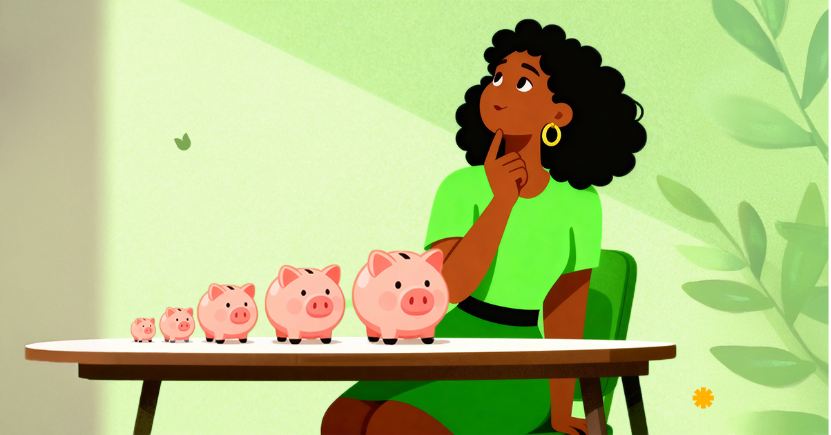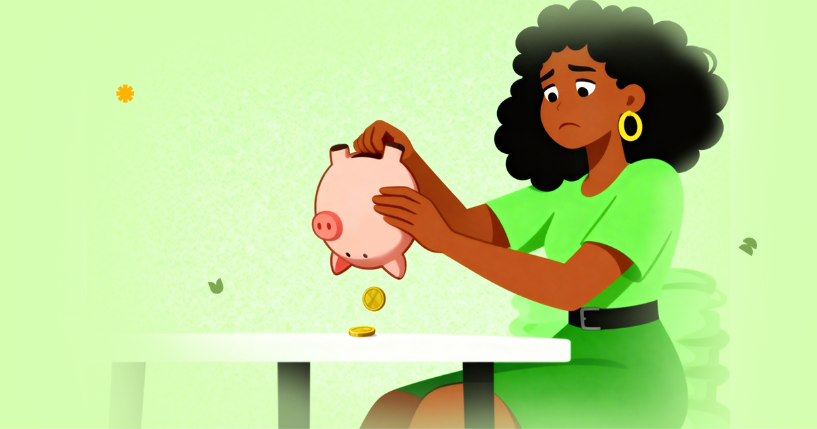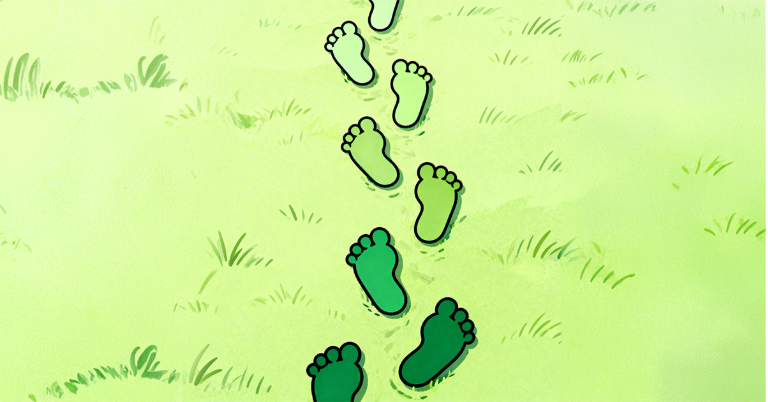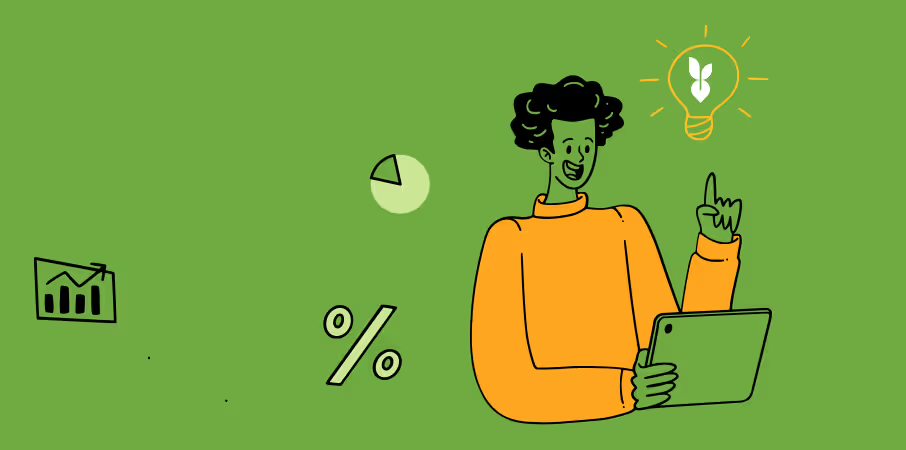Let us start with a quick question. If your landlord suddenly increased rent, your car broke down, or you had an unplanned hospital bill, would you survive the month without calling someone for help?
If the answer makes you shift a little in your seat, then this article is for you.
Emergency funds sound like one of those “feel good” concepts finance people love to throw around. You have probably heard it in podcasts, seen it on blogs, or watched YouTubers talk about it.
But here is the truth: in Nigeria today, with rising costs and unpredictable expenses, an emergency fund is no longer optional. It is your financial airbag. You may not think about it every day, but when you need it, you will be grateful it is there.
So how exactly do you build an emergency fund that actually works for you? Let us break it down step by step.

What Exactly is an Emergency Fund?
An emergency fund is money you set aside strictly for unexpected expenses. Not for aso ebi. Not for Black Friday sales. Not for the latest iPhone. Not even for school projects. It is that stash you fall back on when life happens suddenly and rudely.
Think of it as your personal buffer between chaos and calm. Without it, you are either dipping into savings meant for something else, borrowing under pressure, or worse, running into debt that becomes a long-term burden.

How Much Should You Aim For?
There is no one-size-fits-all answer, but the standard rule is three to six months of living expenses.
For some, that sounds impossible, especially if you are still building your income.
But here is the thing: it is not about getting it all at once. It is about starting.
If you spend ₦200,000 monthly, your emergency fund goal might be between ₦600,000 and ₦1.2 million. But if you currently cannot see beyond ₦20,000, that is fine. ₦20,000 is better than zero. The magic is in consistency, not perfection.

Why Do People Fail at Building One?
Let us be honest. Most people know they need an emergency fund but still struggle to build it. Why?
1. They underestimate emergencies. They think “it will not happen to me.” Until it does.
2. They confuse it with regular savings and end up spending it.
3. They set unrealistic targets that discourage them before they even start.
4. They do not automate it, so they forget or procrastinate.
If any of this sounds like you, then it is time to flip the script.
Step One: Decide Where to Keep It
Your emergency fund should be easy to access but not so easy that you are tempted to touch it for Friday night enjoyment. A separate bank account works. Digital wallets or investment platforms that allow you to withdraw quickly are also great options.
What you should avoid: tying it to your main spending account. That is like keeping shawarma and saying you will not eat it when you are hungry.
Step Two: Start Small, Start Now
Waiting until you have the “perfect” income is a trap. If all you can save is ₦5,000 this month, that is fine. Next month, maybe ₦10,000. The beauty is that it adds up.
Think of it this way: an emergency fund is like building blocks. Each small brick you lay becomes a wall of protection over time.
Step Three: Make It Automatic
Humans are wired to forget or get distracted. That is why automation is your best friend. Set up a standing order or use platforms that deduct a fixed amount daily, weekly, or monthly. The less you think about it, the more consistent you will be.
Pro tip: align the deduction with your payday. If you earn on the 25th, let your deduction happen on the 26th. That way, you never miss what you never saw.
Step Four: Separate Wants from Emergencies
An emergency fund is not your travel savings. It is not your “I deserve this” money. Emergencies are things you cannot predict but must handle immediately, like a medical bill, urgent house repair, or job loss.
Before you dip into your fund, ask yourself: if I do not pay this now, will there be serious consequences? If yes, then it qualifies. If no, let it wait.
Step Five: Grow It Beyond Just Sitting Idle
One mistake people make is leaving their emergency fund in a zero-interest account. Inflation will eat it alive.
While you want quick access, you also want it to grow, even if modestly. That is why many Nigerians use investment options that offer both flexibility and returns.
For example, Yield was designed with these needs in mind. From Flex Yield to Target Yield, you can grow your money in a way that is both intentional and rewarding.
It means your emergency stash is not just safe, it is working for you quietly in the background.

Everyday Hacks to Boost Your Fund
Sell something you do not use. That extra chair, those old shoes, the spare blender. Convert clutter into cash.
Redirect unexpected money. Gifts, bonuses, side hustle profits. Before you celebrate, send a portion to your fund.
Cut one expense temporarily. That weekly takeout or extra subscription you barely use. Put the savings in your emergency fund instead.

Why This Matters More Than Ever
Nigeria’s economy has shown us one clear truth: shocks are constant. Prices change, policies shift, opportunities appear and disappear. An emergency fund is not about fear, it is about freedom.
Imagine losing your job but still being able to pay rent while you search.
Imagine handling a medical bill without panic.
Imagine saying no to a toxic situation because you know you have a financial cushion.
That is what an emergency fund buys you. Choice. Dignity. Peace of mind.

Your Next Step
Do not just read this and nod. Take action. Decide today how much your first target will be, open a separate account if you have not already, and make that first transfer no matter how small.
And when you are ready to make it grow smarter, consider Yield. With options like Fixed Yield or Target Yield, your emergency fund can go from being a silent protector to a steady builder of wealth.
Because the only bad emergency fund is the one you never started.





%20banner.avif)


%20compressed.png)